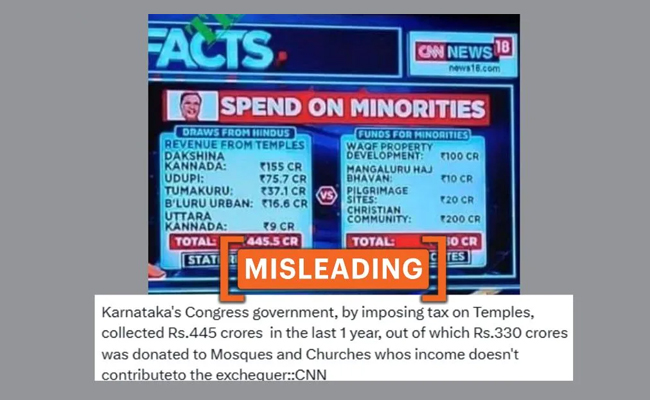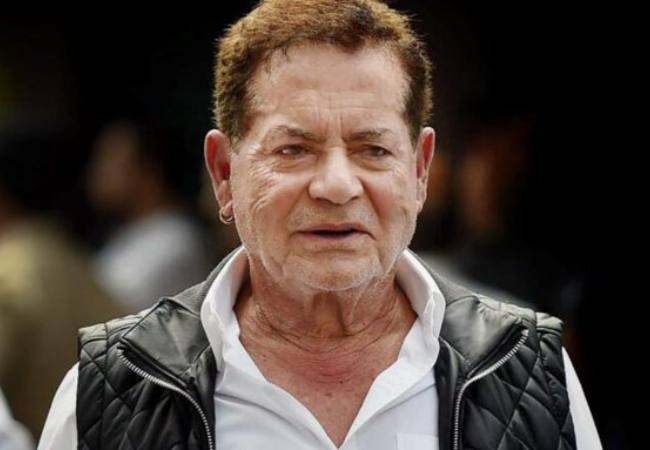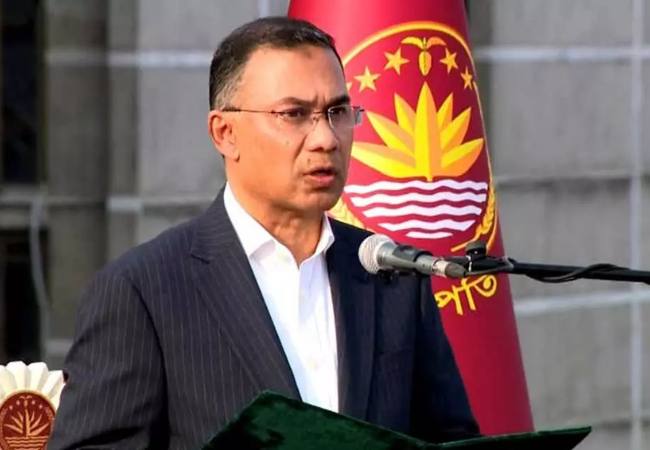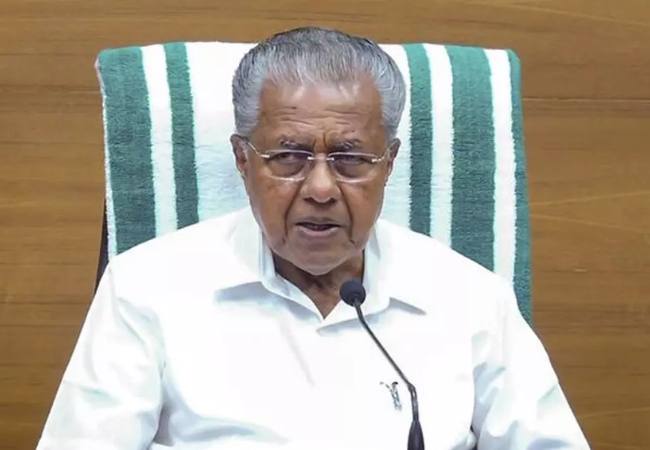The Verdict [Misleading]
The law in place states that funds from Hindu temples can only be used for temple development and cannot be diverted for any other purpose.
What’s the claim?
A viral claim alleges that the Congress-led government in the Indian state of Karnataka is diverting funds from temples to mosques and churches. Social media users have circulated an image of a CNN-News18 broadcast, which purportedly shows how much revenue the Karnataka government collects from temples and how much it allocates to mosques, churches, and other minority organizations.
An X user shared the image with the caption: "Karnataka's Congress government, by imposing a tax on temples, collected Rs 445 crores in the last year, out of which Rs 330 crores was donated to mosques and churches, whose income doesn't contribute to the exchequer: CNN. Wake up (sic)."
The post has garnered more than 107,400 views, 4,900 reposts, and 8,700 likes. Similar claims have been widely shared (archived here, here, here, here, and here).

Screenshot of the social media posts. (Source: X/Facebook/Modified by Logically Facts)
The narrative gained traction shortly after Chief Minister Siddaramaiah announced he would present the state budget for 2025-26 on March 7, 2025.
However, the claim is misleading. Indian law mandates that revenue from temples can be used only for the development of Hindu religious sites, not for other purposes. These funds cannot be reallocated to minority welfare schemes.
Here are the facts
A reverse image search confirms that the viral screenshot is from a longer CNN-News18 video published on YouTube on February 16, 2024 (archived here). The video, titled, "Karnataka Politics | Karnataka Budget Allocates Funds for Minority Development Amid Controversy," includes the now-viral screenshot at the 4:44 timestamp.
In the report, anchor Rahul Shivshankar discusses the Karnataka state budget presented by Siddaramaiah on February 16, 2024, and criticizes the allocation of funds for minority welfare.
Tallying the numbers
Logically Facts reviewed the 2024-25 Karnataka State Budget and found that the government allocated Rs 330 crore for Muslim and Christian communities under the Minorities Welfare section (page 55). The funds include:
- Rs 100 crore for the development of Waqf properties
- Rs 10 crore for the construction of a Haj Bhavan in Mangaluru
- Rs 200 crore for the Christian community
- Rs 63 crore for other minority communities, including Jains, Sikhs, and Sikligars
- Rs 20 crore for pilgrimage sites of all minority communities
In total, Rs 393 crore was allocated for minority welfare. As stated in the budget, these funds were drawn from the Minorities Development Corporations, not from temple revenues.

Allocation of funds to minorities in 2024-25 Budget. (Source: Karnataka Finance Department)
Meanwhile, budget allocations for Hindu religious sites were listed under the Endowments section (page 114). The government allocated Rs 301 crore to build well-equipped residential complexes at pilgrimage sites outside Karnataka, including Tirumala, Srisailam, Varanasi, and Guddapur. Construction is nearing completion for many of these projects.

Funds allocated to endowment department in the 2024-25 Budget. (Source: Karnataka Finance Department)
Can the funds received from Hindu temples be spent on minority welfare?
A report in The Hindu states that the Karnataka Muzrai (endowments) Department, which oversees temple finances, generated Rs 412 crore in revenue during 2023-24.
According to the Hindu Religious Institutions and Charitable Endowments Act 1997, revenue collected from Hindu temples can only be used for temple development (page 21, under 'Transfers to Common Pool Fund'). These funds cannot be diverted for any other purpose.
In March 2024, the Karnataka Assembly passed a bill amending the 1997 Act, allowing the government to collect 10 percent of income from temples earning over Rs 1 crore and 5 percent from those earning between Rs 10 lakh and Rs 1 crore. These contributions go to the Common Pool Fund, designated for developing underfunded temples, training priests, supporting Vedic schools, and building orphanages for Hindu children. The bill awaits the governor’s approval and has not been implemented.
Additionally, in a February 2024 X post (archived here), Karnataka Muzrai Minister Ramalinga Reddy clarified that money from the Minorities Development Corporations can only be used for minority welfare, while temple revenues must be spent solely on temple development.
The verdict
Karnataka law prohibits using temple funds for minority welfare programs. The funds allocated to minority communities in the 2024-25 budget were drawn from the Minorities Development Corporations, not temple revenues.
(This story was originally published by logicallyfacts.com, and republished by english.varthabharati.in as part of the Shakti Collective)
Let the Truth be known. If you read VB and like VB, please be a VB Supporter and Help us deliver the Truth to one and all.
Mumbai (PTI): Veteran screenwriter Salim Khan suffered a brain haemorrhage which has been tackled, is on ventilator support as a safeguard and stable, doctors treating him said on Wednesday, a day after he was admitted to the Lilavati Hospital here.
The 90-year-old, one half of the celebrated Salim-Javed duo which scripted films such as "Sholay", "Deewar" and "Don" with Javed Akhtar, is in the ICU and recovery might take some time given his age.
"His blood pressure was high for which we treated him and we had to put him on a ventilator because we wanted to do certain investigations. Now the ventilator was put as a safeguard so that his situation doesn't get worse. So it is not that he is critical," Dr Jalil Parkar told reporters.
"We did the investigations that were required and today we have done a small procedure on him, I will not go into the details. The procedure done is called DSA (digital subtraction angiography). The procedure has been accomplished, he is fine and stable and shifted back to ICU. By tomorrow, we hope to get him off the ventilator. All in all, he is doing quite well," he added.
Asked whether he suffered a brain haemorrhage, the doctor said, "Unko thoda haemorrhage hua tha, which we’ve tackled. No surgery is required.
As concern over Khan's health mounted, his children, including superstar Salman Khan and Arbaaz Khan, daughter Alvira, and sons-in-law Atul Agnihotri and Aayush Sharma, have been seen outside the hospital along with other well-wishers. His long-time partner Akhtar was also seen coming out of the hospital.
Khan, a household name in the 70s and 80s, turned 90 on November 24 last year. It was the day Dharmendra, the star of many of his films, including "Sholay", "Seeta aur Geeta" and "Yaadon Ki Baraat", passed away.
Hailing from an affluent family in Indore, Khan arrived in Mumbai in his 20s with dreams of stardom. He was good looking and confident he would make a mark in the industry as an actor. But that did not happen. And then, after struggling for close to a decade and getting confined to small roles in films, he changed lanes.
He worked as an assistant to Abrar Alvi and soon met Akhtar to form one of Hindi cinema's most formidable writing partnerships. They worked together on two dozen movies with most of them achieving blockbuster status.
Other than "Sholay", "Deewar" and "Don", Khan and Akhtar also penned "Trishul", "Zanjeer", "Seeta Aur Geeta", "Haathi Mere Saathi", "Yaadon Ki Baarat" and "Mr India".





